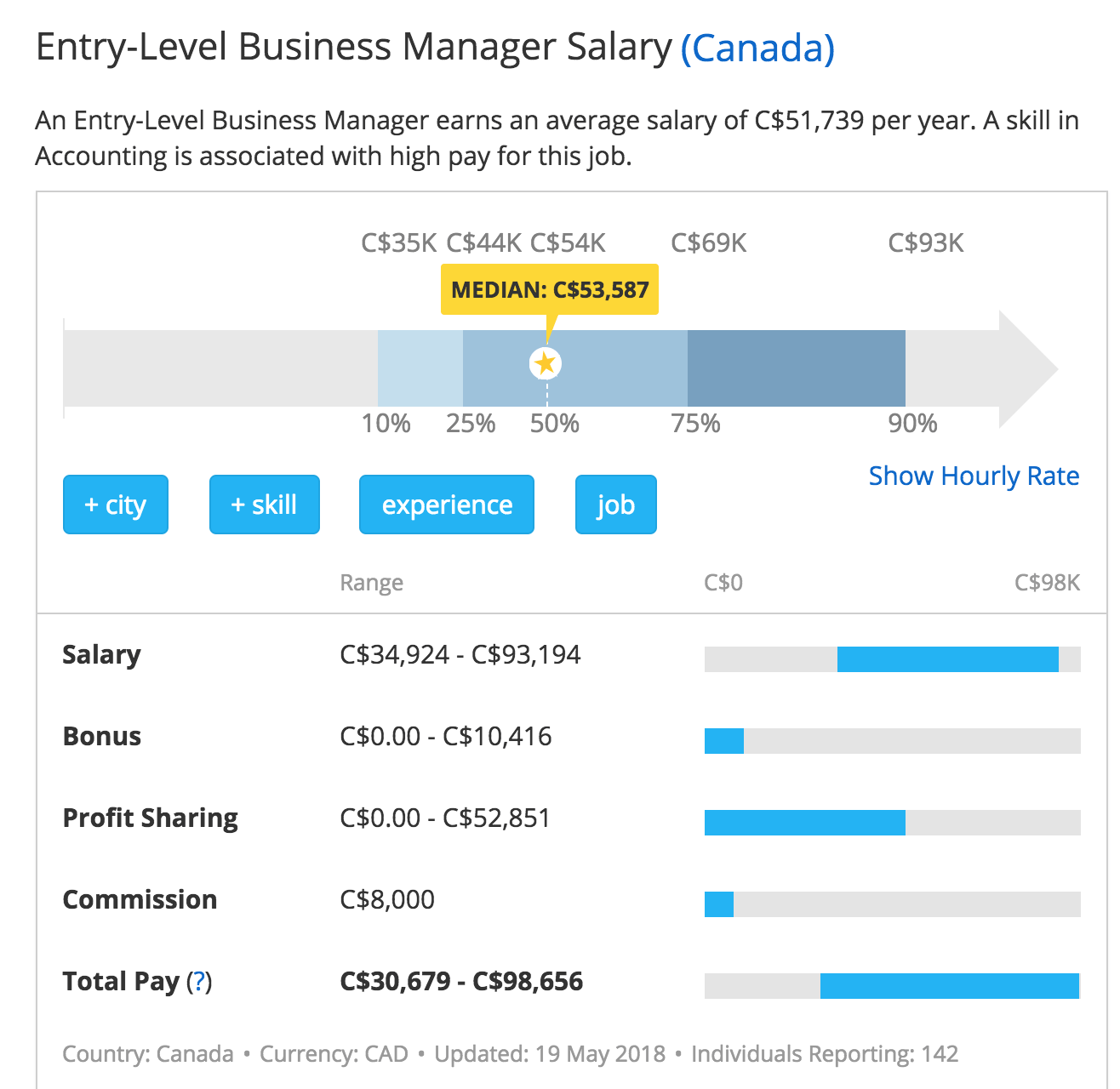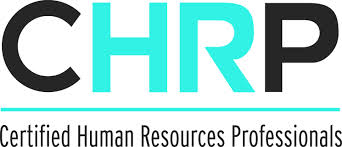【Guide】 Many people wish to "move up to the management floor" so they would take business management as their university major. Can this major really help them enter the management department? In addition to answering this question, this article will also cover the courses taken by the business management major, admission requirements, employment prospects, and the opinions from the top professional schools and netizens. description
Photo by rawpixel on Unsplash
Introduction to Canadian Business Management
Many people choose to get a traditional management degree before entering the business world. Among the choices, a business management degree is one of the more popular ones. Overall, the management degree program is designed to develop the students’ skills to be influential in their work, including basic business and management skills, such as effective communication, teamwork, negotiation, and leadership skills. To be more specific, studying business management not only allows you to study organizational theories, business practices, and issues affecting companies and organizations, but also provides you with a comprehensive knowledge base in business, including: employee management, business operations, Canadian business law, marketing, accounting, finance, economics and other business topics.
Business related articles: Canadian Human Resource Management Program Rankings and Employment Prospects | What are the jobs like?
- [Video] Majoring in Human Resource Management in Canada?
- Rankings of Canadian Business Programs and Employment Prospects | What are the jobs like?
- Rankings of Canadian Finance Programs and Employment Prospects | What are the jobs like??
- Rankings of Canadian Accounting Programs and Employment Prospects | What are the jobs like??
- Rankings of Canadian Management Programs and Employment Prospects | What are the jobs like??
Employment prospects of Canadian business management graduates
With a management degree and a business degree known as being “multi-functional,” you can work in a lot of different fields after graduation because the skills taught in this major can be applied to almost any organization. For example, if you prefer challenges and are not afraid of risks, then you may become a partner of a startup or the head of a small company within a few years; or if you would prefer a stable and comfortable life, you can choose to be employed in a company, in an intermediate or senior management position, or as a management consultant.
》Aspects factoring into the salaries of business management graduates
As a business management graduate entering the labor market for the first time, the salary you can get can vary greatly. The difference in your salary depends on the following factors (not inclusively):
- Your education level (college, undergraduate, MBA, etc.)
- The industry in which you are employed
- The type of job you have and the level of responsibility
- The size and type of company
- If you work in management, or another direction of employment
- The location where you work
- The work experience you have
- Other skills you may have (such as English, additional accounting certificates, etc.)
》A practical example of income calculation for business management students
According toPayScale’s data report, the average salary a graduate can earn in a business management position in Canada isC$51,739 (entry-level management position). The minimum annual salary is C$34,924 and the maximum annual salary is C$93,194.

*Other reference data
According to the U.S Bureau of Labor Statistics (BLS) report:
- In 2008, the median annual salary of executive managers was $73,520. The salary information of these administrative managers comes from private company managers, hospital managers, local government positions and university or university managers, etc. BLS also stated that the highest median annual salary is in the field of private company management, where managers earn $85,980 per year.
- In 2016, the median annual salary of administrative service managers in 2016 was $90,050. Among these demographics, 25% of executive managers are on the low end and receive a salary of $66,180. This means that 75% of the salary exceeds this amount. In addition, in 2016, a total of 281,700 people were employed as administrative service managers in the United States.
》Jobs for business management graduates
Business and business management have become "multi-functional," so it really seems they will fit into any industry. We picked out some typical positions. Please note that the possibilities extend beyond this list.
- Account Manager
- Bar manager
- Business Analyst
- Department Manager
- Strategic Director
- University Admissions Director
- Entrepreneur
- Human Resources Assistant
- Human Resources Coordinator
- International Bank Manager
- Management Analyst
- Market Investigator
- Office Supervisor
- Personnel Manager
- Engineering Assistant
- Project Manager
- Project Director
- Restaurant Manager
- Sales Representative
- Small Business Owner
- Trade Commissioner
In addition, most occupations in the list require additional experience, education and training, or training and experience. So fresh graduates may not be qualified right away. For example, if you have just graduated and you want to apply for the human resources assistant position, then you must hold a Certified Human Resources Professional certificate issued by the Human Resources Professionals Association.

What do Canadian business management major students learn?
While pursuing a degree in business management, you will be trained in career-specific skills (such as management skills) and a series of "hard skills" and "soft skills," such as teamwork, cooperation and planning. These skills are highly marketable and can meet the needs of employers.
These skills and traits will help you find a career area that suits you, give you the confidence to pursue them, and the ability to succeed in these positions. (*Note: These "soft skills" valued by local Canadians are all based on proficient English. Therefore, many international students studying business majors may need to prioritize this.)
》Three business management qualifications: college diploma, undergraduate degree, and graduate degree
Like most majors, there are three main educational levels of marketing programs in Canada:
- Diploma (College): It usually takes 2 years to complete, and some require 3 years. Because of the well-balanced types of courses offered, students who perform well can access various career paths outside of the business field, and can be recruited by many different types of employers.
- Undergraduate (University): The typical business management degree education generally takes 4 years to complete. The program usually requires individuals to complete 120 hours of coursework before earning a degree. Courses include finance, human resources, workplace relations, economics, marketing, team dynamics, and other business or management courses. Courses usually include group work that requires several people to complete assignments based on traditional business operations.
- Graduate (Master): It usually takes 2 years to complete. Examples of graduate courses include a master's degree in management, a master's degree in finance (and those with some professional experience), and an MBA. The benefit of a business graduate degree is that it provides you with many entry-level positions after graduation, while also allowing an improved return on the investment in a graduate degree.
》What are the employment skills of business management graduates?
As mentioned earlier, Canadian business majors not only teach students “hard skills,” but also cultivate "soft skills." So what are these skills?
- Soft skill - Communication: Undergraduate and graduate business students are taught to read and present information in various forms, such as reports, charts, graphs and charts. They were taught to speak in a charming and concise manner. In this way, the listeners will be closely observed and can be easily understood. Learning to listen and ask questions can teach undergraduate business students to understand and appreciate the views of others.
- Soft Skill – Critical Thinking and Problem Solving: Business students learn to thoroughly assess situations, discover problems and differences. They learn how to view problems from different angles and evaluate facts without subjectivity. The education of business students is thorough, so once the solution to the problem is verified, they will take action to create solutions.
- Soft skill – Teamwork: Undergraduate and graduate business courses teach students to understand, work in different team dynamics, and ensure that the team’s goals are clear. As part of a group, students are taught to show respect and openness to the ideas, opinions and contributions of others. They are taught to lead and support their groups because during various projects and assignments, group members may encounter lack of motivation, discipline, or other problems. In some cases, conflicts within the group may be inevitable and conflicts may arise unexpectedly. In either case, undergraduate and graduate business courses prepare their graduates for management and resolution of these issues when these situations occur.
- Hard skill – Planning and Execution: Business education provides students with opportunities to develop and hone planning and execution skills. Students learn how to plan; design and implement projects from start to finish. They must learn how to define goals and outcomes, and work within budgets and time constraints. They also learn to adapt to changing needs and monitor progress.
- Hard skill – Knowledge in Canadian business law
- Hard Skill – Adaptation to Canadian Workplace Environment
- Hard Skill – Use of Numbers: Undergraduate business courses teach students how to use appropriate methods, tools and techniques to observe and record data. In their business careers, graduates can use these skills to help them determine the information and data that need to be measured and calculated.
The Best Schools for Business Management
1、University of Toronto( Toronto Universities)Rotman School of Business
2、 UBC(UBC) Sauder School Of Business
3、York University(York University)Schulich School Of Business
4、University of Alberta(University of Alberta) Alberta School of Business
5、Western University(Western University) Ivey Business School
6、Queen’s University(Queens University)Smith School of Business
7、McGill University(McGill University)Desautels Faculty of Management
8、University of Waterloo( University of Waterloo)Faculty of Mathematics
9、Simon Fraser University(Simon Fraser University) Beedie School of Business
10、Ryerson University(Ryerson University)
Summary: UtoCanada’s views on business management
Some people oppose to studying business because they cannot find a job after graduation (mainly because of the language barrier).
Below, we have listed a timetable of specific steps of action that will help you effectively transition from your undergraduate business education to your chosen business career. Remember, the more positive your attitude towards career planning now, the more options you will have when you graduate.
First year of Business Management:
- Create a resume -- don’t worry if it looks short, because most first-year business students will not have a long resume at this point
- Introduce yourself to career resources/service personnel at the school
- Use online and printed resources to understand yourself, your interests and skills (consult with professional resources/service staff)
- Choose your business major by identifying issues related to your interests and abilities
- Find a summer job or carry out some volunteer work, seize the opportunity to practice your English
- Make sure to maintain a good GPA because many internship employers eliminate candidates with the lowest GPAs
- Sometime during your school years, buy a suit or professional attire for job interviews
》Second year of Business Management:
- Update your resume with the experience you have gained
- Join campus business organizations/teams/clubs; This will help you expand your network and develop interpersonal and communication skills while practicing English
- Take several online job evaluations
- Attend specific business and general career exploration seminars, job fairs, and other career-related events
- Identify and contact business professionals you are interested in for informal interviews. They will provide you with first-hand information about business management careers in areas of interest to you.
- Study any available prospective jobs or volunteer opportunities
- Plan ahead for a business summer job or internship
》Third year of Business Management:
- Pursue leadership opportunities for business management and other student organizations
- Update your resume to include all the relevant work experience you gained during the second year and summer
- Prepare for the business management internship interview by attending interview seminars
- Attend business-specific and general career fairs to research internships and future job opportunities
- Research graduate business programs and the schools that offer them
- Attend graduate business career fairs and contact program representatives
- Complete the business summer experience/internship program
- Try your best to improve your English
》Fourth year of Business Management:
- Seek and attend workshops on employability skills
- Finalize your resume and cover letter to reflect all of your business experience and education
- Sign up for a mock interview with your career resources/service staff
- Attend business-specific and general career fairs where you plan to live (if possible)
- If you plan to further your study, apply for a graduate business program
- Research potential employers and job opportunities
- Gather contacts through friends, family, clubs, professors, etc. to expand your network.
- If you have a successful collaboration or internship experience, you may have had one or more full-time job offers from an employer you've already worked for















